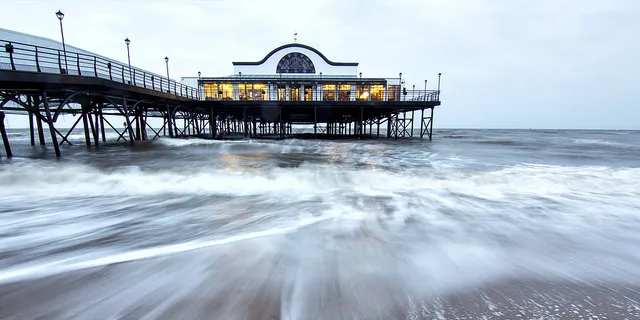Humber Seafood Summit 2016 Blog: Will Brexit make Eastern Europe 'the new Grimsby'?
IntraFish heads to Cleethorpes Pier, near Grimsby, for this year's edition of the Humber Seafood Summit -- the sixth of its kind. Follow our blog for full coverage of the event.
